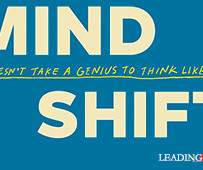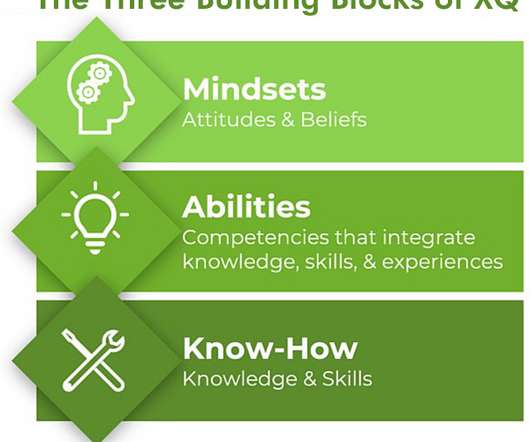The Iceberg of Organizational Knowledge: How to Unlock Tacit Knowledge
QAspire
JULY 18, 2024
In fact, most of the content that AI repurposes from online resources is explicit knowledge. The hidden treasure of organizational knowledge is tacit knowledge that is deeply rooted in people, their experiences, skills, insights and judgements. That’s all tacit and invaluable at the same time. Buy Now!












































Let's personalize your content